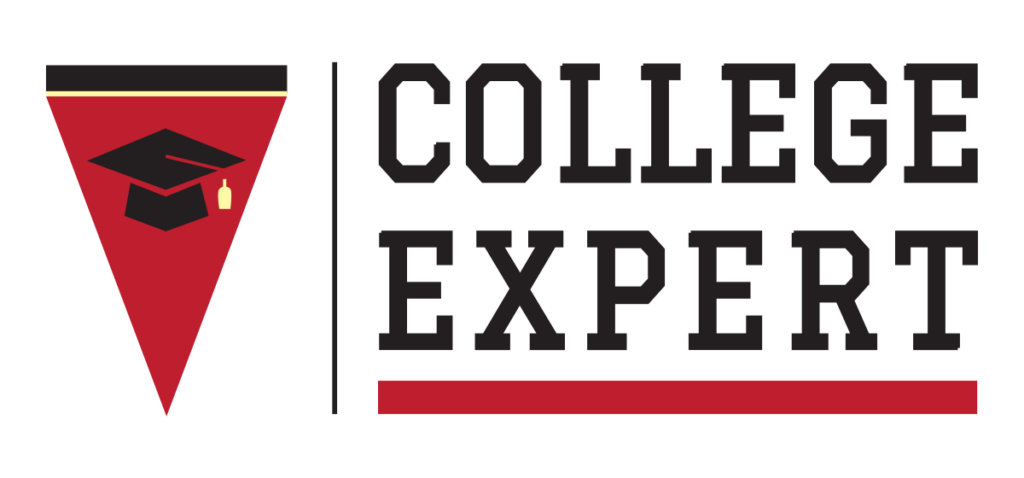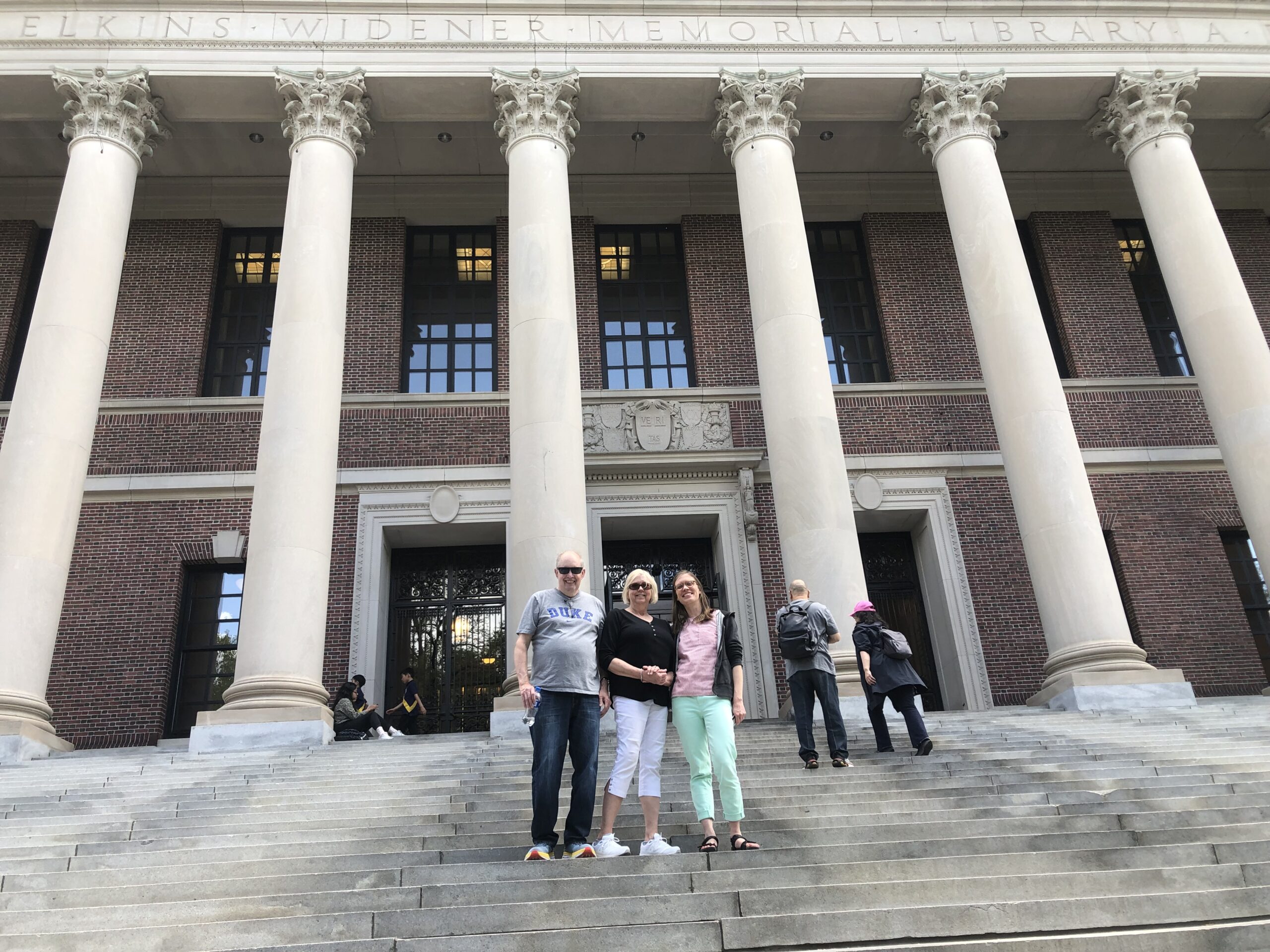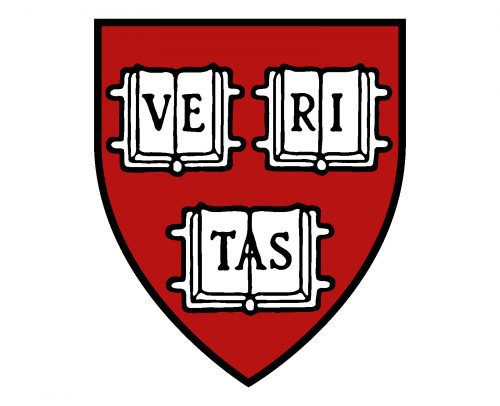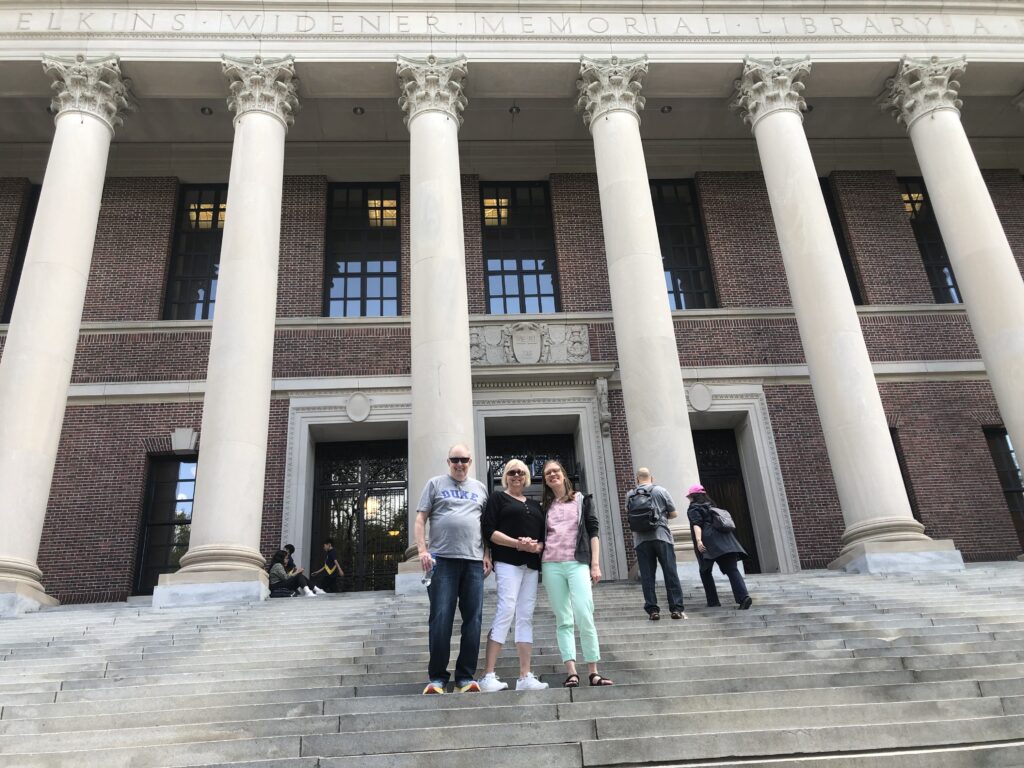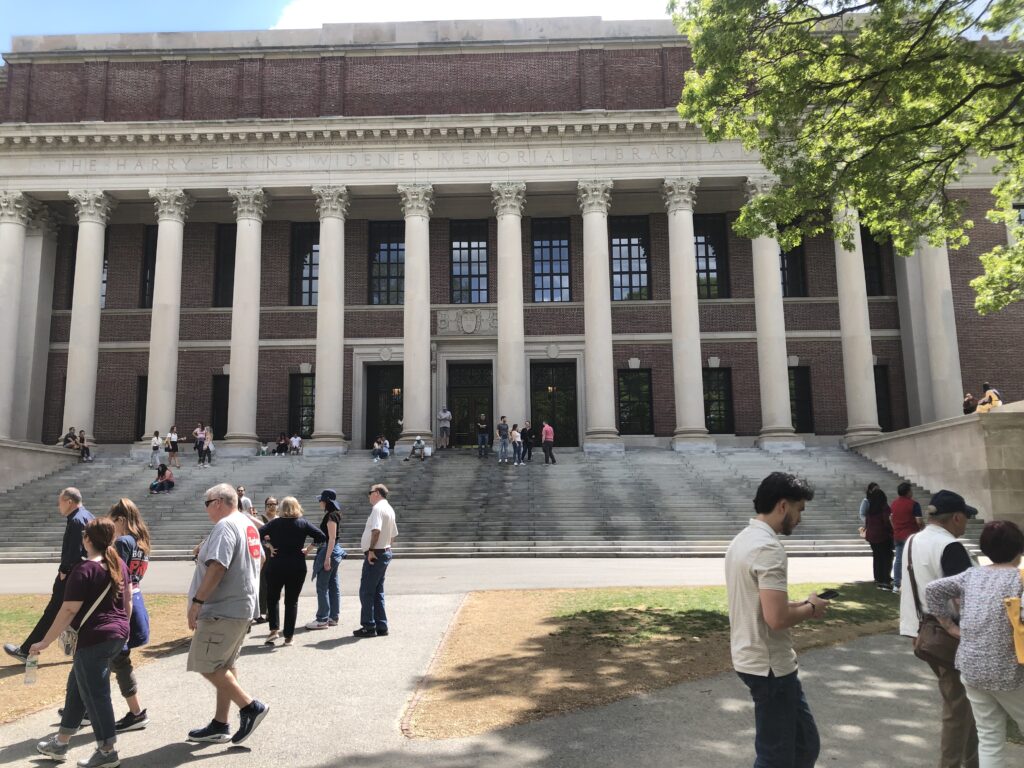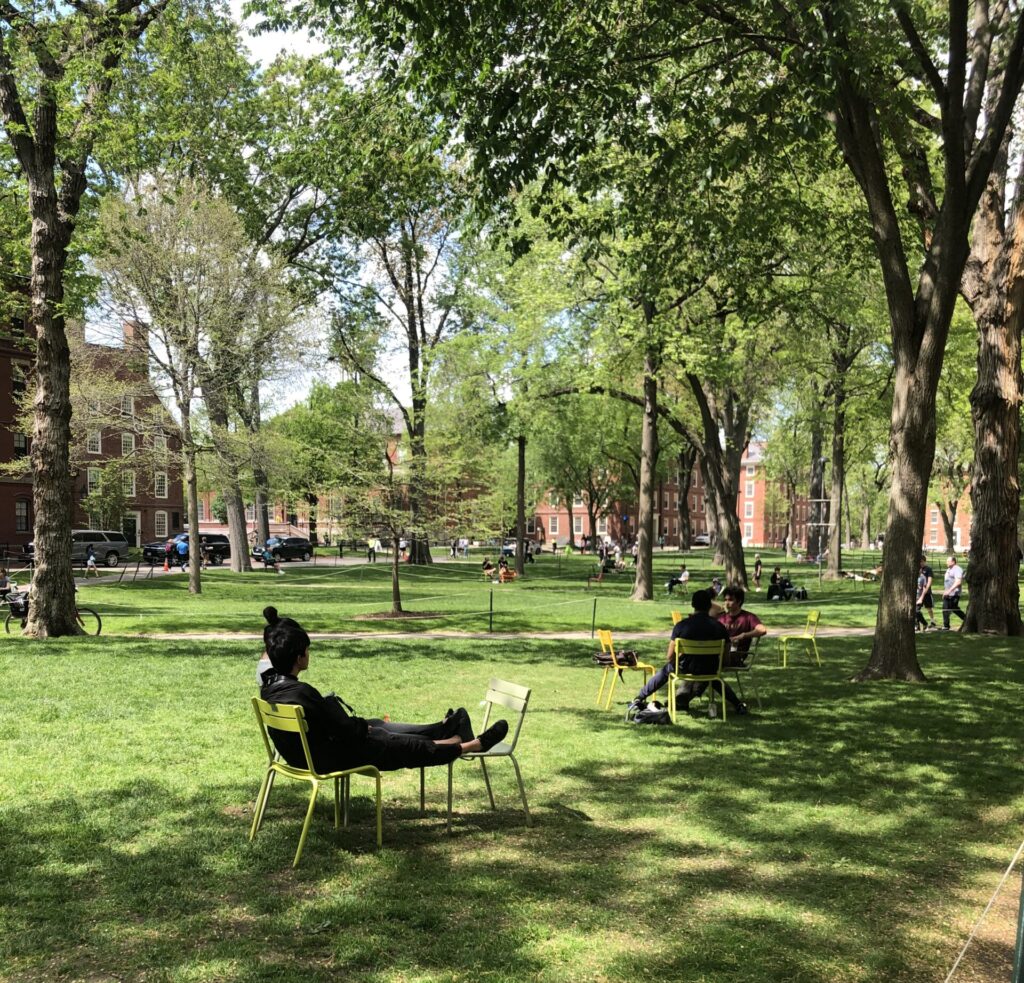I have both good news and bad news for Harvard hopefuls. There is no formula for getting into Harvard. The university states this more than once on its website, and our experience with Harvard applicants confirms the sentiment. However, at a minimum, successful applicants are among the top 10 percent of their graduating class, get mostly As in the most rigorous courses offered, and can demonstrate qualities like leadership, intellectual curiosity, character and initiative. Even then, an acceptance rate of slightly more than 3% makes this prestigious university a reach even for those who can confidently check these boxes.
No one can tell you exactly what it takes to get in, and university priorities contribute to Harvard’s elusiveness, as they do with every Ivy League school. But almost every year, we see students beat these odds, and we’re happy to share our insight into who is a potential fit as well as what makes a strong Harvard application. And while they may not be Harvard, we can also recommend alternative colleges that sometimes turn out to be an even better fit for students looking for a prestigious, rigorous university.
But first, Harvard.
I most recently visited campus last May. My niece, an assistant professor there, served as my tour guide, and she was able to give me a thorough, personal tour so I could bring back what I learned to my students. As a college consultant, touring Harvard and visiting iconic landmarks, such as Harvard Yard as well as the Widener Library, is always thrilling. After my recent tour, as well as years of advising and celebrating the acceptances of Harvard hopefuls, here is what I’ve learned about applying to and attending the country’s oldest college.

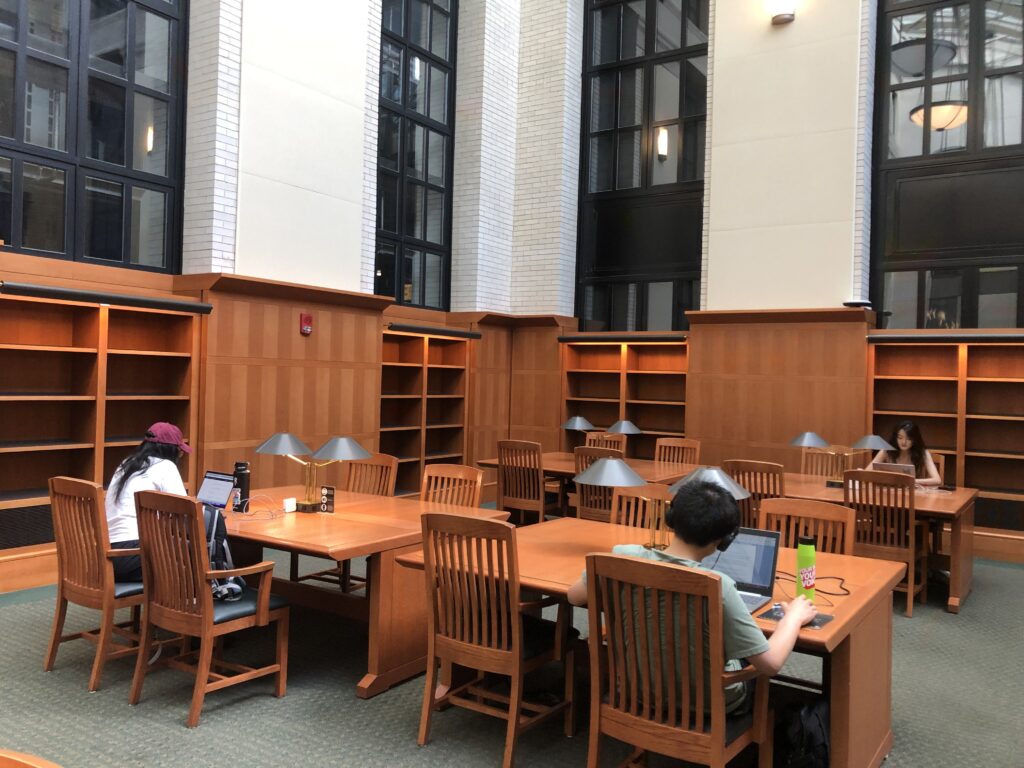
Academics
At the core of Harvard’s mission is a focus on liberal arts and sciences. “Before students can change the world, they need to understand it,” proclaims Harvard’s website. This commitment is the foundation of a Harvard education, and its breadth and depth of experiences is unmatched.
Harvard offers 50 majors, which it refers to as “concentrations,” and you do not need to know your concentration when you apply; you will declare it during your sophomore year. Many concentrations offer different tracks so you can specialize within a field, and if you have interdisciplinary interests, you can pursue a second concentration or even design your own course of study.
To help students “understand the world,” Harvard offers about 3,700 courses, a mix of classes that teach useful, marketable skills as well as explore more obscure topics. For example, in their pursuit of knowledge, students can study things like Greek mythology, the philosophy of comedy or human osteology (the study of skeletal remains). Two more great perks for students is they can take courses at MIT and transfer the credits, and Harvard offers dual degree options for music students at the Berklee College of Music and the New England Conservatory.
Students are encouraged to engage in hands-on research as early as their freshman year; in fact, it’s said there are more labs looking for undergrads than undergrads looking for labs. Students can seek opportunities through the Office of Undergraduate Research and Fellowships (URAF) and affiliate programs as well as through individual inquiries with departments and professors.
A lot of learning takes place outside the classroom, too, and there is never a dearth of activities at Harvard. Want to explore archeology in Peru? No problem. Serve as case manager for a homeless shelter? Students do that, too. Participate in an aikido or table tennis team or mentor youth? Through enrichment opportunities like study abroad, as well as more than 500 student-run organizations, you have the opportunity to expand your learning in the community as well as globally.
Admissions Overview
Each year, Harvard seeks a diverse, intellectual class of students who want to use their education to have an impact on the world. There are no GPA “requirements” to get in, but ranking at the top of your class is expected. However, academics alone will not set your application apart. Admissions also looks at factors like character, ability to overcome adversity, special talents and unique perspectives. To convey your unique, personal story, essays, letters of recommendation and activity descriptions are important parts of your application.
Here are some admission highlights (stats are for the class of 2027).
- 56,937 applicants
- 1,966 admitted (3.4%)
- 16% international students
- 55% received need-based scholarships
- Tops fields: Humanities, Social Sciences, Physical Sciences, Engineering
- Test optional admission
- Need-blind admission
- Supplemental materials are accepted (music recordings, art, academic samples)
- Nov. 1 Restricted Early Action (non-binding) deadline – mid-December notification
- Jan. 1 Regular Decision deadline – end of March notification
Campus Life/Housing
Housing is unique at Harvard and an important part of social life on campus. Freshmen live in dormitories in or adjacent to Harvard Yard and dine in Annenberg Hall, fondly referred to as “Berg,” a beautiful Gothic-style building resembling the Great Hall in Harry Potter.
For the remaining three years, students are assigned to 12 houses. About 350 to 500 students live in each house, which includes its own dining hall, library, advising staff – even mascots and traditions, so it becomes a big part of a student’s campus life. Assignments aren’t completely random; in an application freshman year you name seven people you want to live with. House assignments are announced with a lot of fanfare on Housing Day, an exciting tradition in spring and one of many ways students are immersed in the rich history of Harvard.
Cost/Financial Aid
Applying for financial aid and applying with financial need does not have a bearing on your application at Harvard. Harvard offers need-based aid but does not offer merit-based, and the university meets 100% of demonstrated need (the difference between the price of attendance and a family’s ability to pay). Read more about how aid works at Harvard. For the 2023-24 academic year, Harvard College’s tuition was $54,269. With fees including housing and food, the total cost of attendance was $79,450.
Who Would be Happy Here
Serious students who are at the top of their class, truly love learning and who seek a diverse student body that will challenge their ideas and perspectives would feel at home at Harvard. The academic atmosphere is intense, and the course load is ambitious. Add to that extracurriculars and activities, and it is a busy, competitive environment that a student needs to be up to – both mentally and academically. Students who are successful at Harvard also tend to be confident, focused and passionate, with very specific interests and goals.
